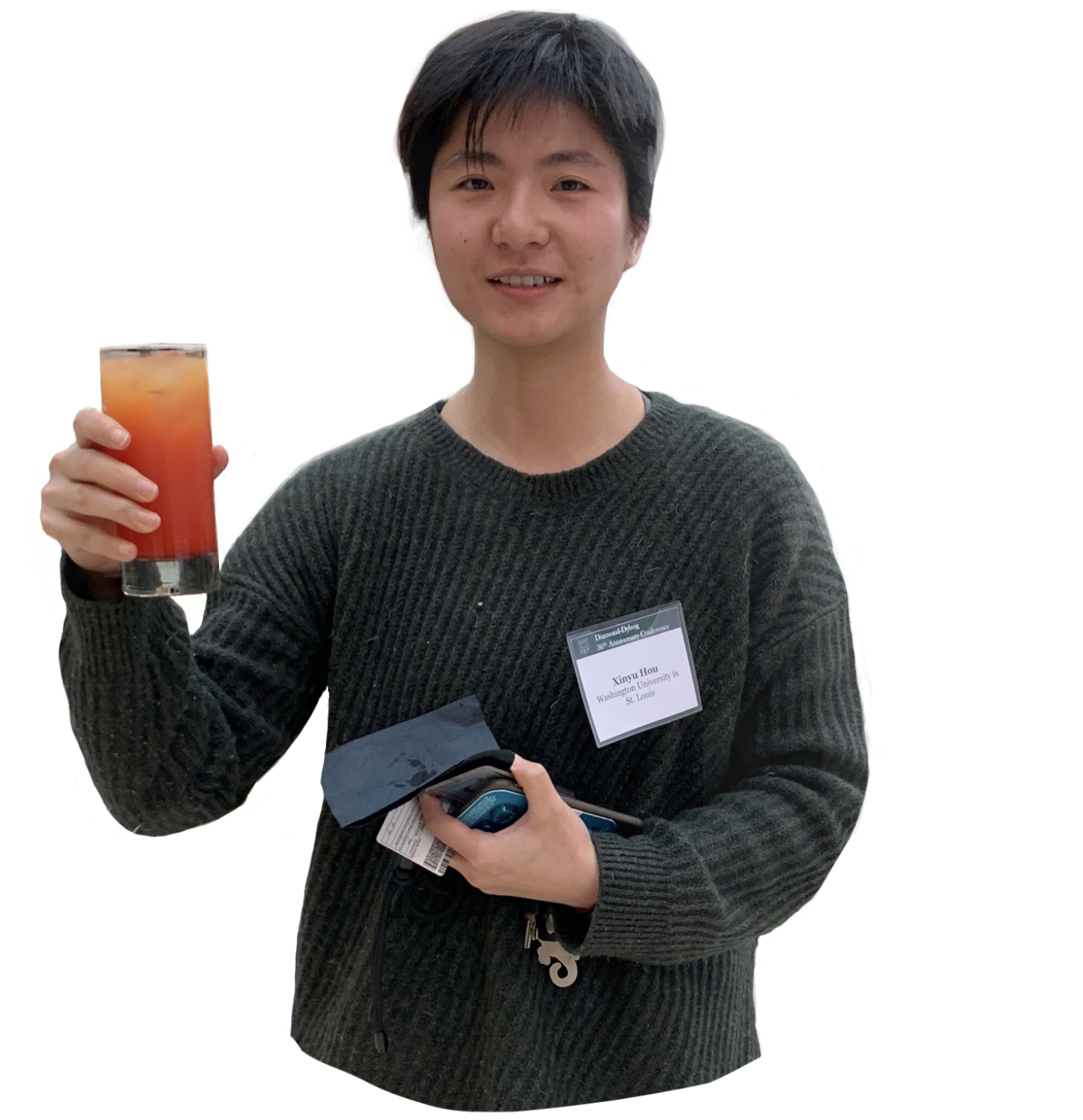
About Me
- I am a Visiting Assistant Professor at Indiana University, Kelley School of Business. Before that, I was a Postdoc Research Associate at The University of Cambridge (UK). It was a wonderful time working with fellows in Cambridge Endowment for Research in Finance (CERF) and Cambridge Centre for Finance (CCFin), Cambridge Judge Business School.
- I completed my BA (Economics) and BS (Mathematics) at Wuhan University, and PhD in Economics at Washington University in St. Louis, where my PhD supervisor is Nobel Prize laureate Philip H. Dybvig. We have been working on a project about firm gambling using derivatives under the impact of “superpriority,” which are bankruptcy safe harbor protections for qualified financial contracts (QFCs). See below.
- My research interests lie in general Law and Economics, Corporate Finance, Banking and Economic Theory. My current works focus on corporate bankruptcy, liability and firm monopsony power.
- I was also affiliated with Cambridge Trinity College.
- I do CrossFit outside of work. In Cambridge, I rowed in the Trinity Boat Club and practiced Aikido, a Japanese martial art aiming at overcoming oneself instead of cultivating violence.
- I like sketching, playing the YangQin (a Chinese musical instrument), and praciticing 无为(wúwéi).
Gambling for Redemption or Ripoff, and the Impact of Superpriority
(joint with Philip H. Dybvig)
Asset substitution by firms is gambling implemented by switching to inefficient and risky projects. Gambling using derivatives is more precise, gambling only to what is needed, with negligible efficiency loss. Optimal gambling can be small-scale “Gambling for redemption,” which is socially beneficial, or large-scale “gambling for ripoff,” which is socially inefficient, benefiting firm owners at the expense of bondholders. Gambling at scale is available with weak property rights, or in the U.S. through Qualified Financial Contracts (QFCs) with “superpriority” exemptions from bankruptcy provisions. Availability of gambling at scale reduces firm borrowing and value due to anticipation of gambling for ripoff.
Firms as Electoral Monopsonies (NEW)
(joint with Carlos F. Avenancio-León, Adelina Barbalau, and Alessio Piccolo)
We study how dominant employers can act as electoral monopsonies, directly shaping electoral outcomes by leveraging local labor market power. We consider a model where a dominant employer can reshape the political preferences of the local electorate by conditioning their degree of economic activity on electoral outcomes. This form of electoral interference creates polarization in the community: some voters turn against redistributive policy, in some cases strongly, as they may benefit from the firm’s economic activity. Over time, however, the firm’s influence undermines local institutions and labor markets, ultimately harming all voters and, in some cases, the firm itself. Using U.S. individual voting records data and a shift-share instrument based on national industry trends and historical local employment patterns, we test the model’s predictions and show that areas with higher employment concentration are more likely to see increased voter registration, turnout, and campaign donations for the Republican party. These political shifts are accompanied by long-run declines in population, labor force, tax base, and per capita public sector size.
Limited Liability: Playing It Safe or Going Big?
Does limited liability on damages improve social efficiency? I show that optimal liability rules trades off tort damages against benefits to outside stakeholders. Full liability promotes care but raises marginal costs, inducing less-than-efficient scale. Limited liability enhances scale but reduces care, proving more efficient than full liability when outside stakeholder value is high. As market competition grows, liability’s impact on scale diminishes, and internalizing more damages would increase efficiency. We conclude that limited liability is not one-size-fits-all; tailored policies like requiring insurance for contractors and nuclear decommissioning trusts (NDTs) can help adjust for cross-firm differences. Blog: at a glance
Direct Transfer and Guanxi in Resolving Contract Failure
Guanxi (relationship-building in China) has a mixed reputation. It can be used to implement corruption, e.g. to get a job for an underqualified relative, but it can also be used to facilitate beneficial trade. In this paper I compare guanxi to direct transfers. Both facilitate transactions, good and bad. The results show that if most projects are bad, it could be good to ban both guanxi and transfers. Otherwise, guanxi alone can be more helpful in facilitating beneficial transaction than a direct transfer alone, but having both channels can be even better for useful self-selection and therefore blocking transfers can be bad. Specifically, blocking transfer causes a decreased reliance on guanxi if the official’s motive is aligned with the rest of the world, but it causes an increased reliance on guanxi if the official’s motive is not so aligned.
Work in progress: How Deep is Your Pocket?
We analyze the impact of investors’ financial depth, referred to as “deep pockets,” on decision-making in investments with significant downside. In a non-cooperative equilibrium, a free-rider problem can appear. A deep-pocket investor who do not want to “hold the bag” would avoid firms with substantial liabilities, leading to investments at lower scales and liability uncovered. Conversely, in a cooperative equilibrium, deep-pocket investors form partnerships or limited partnerships, allowing for the shared distribution of liability and risk. This leads to more efficient operational scale and aligns investors’ interests by ensuring no single party is left “holding the bag.” The partnership structure also further aligns the interests of the investors by providing protection since it must be dissolved and reformed if a partner exits.
